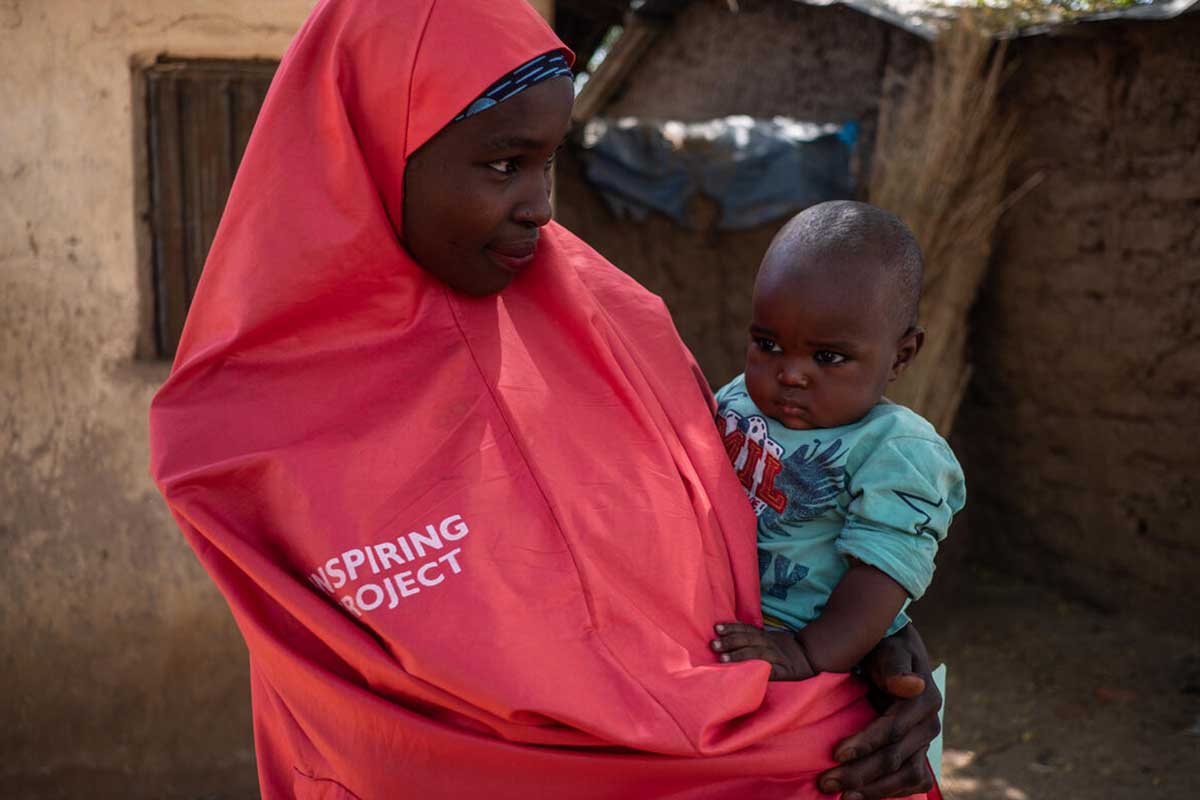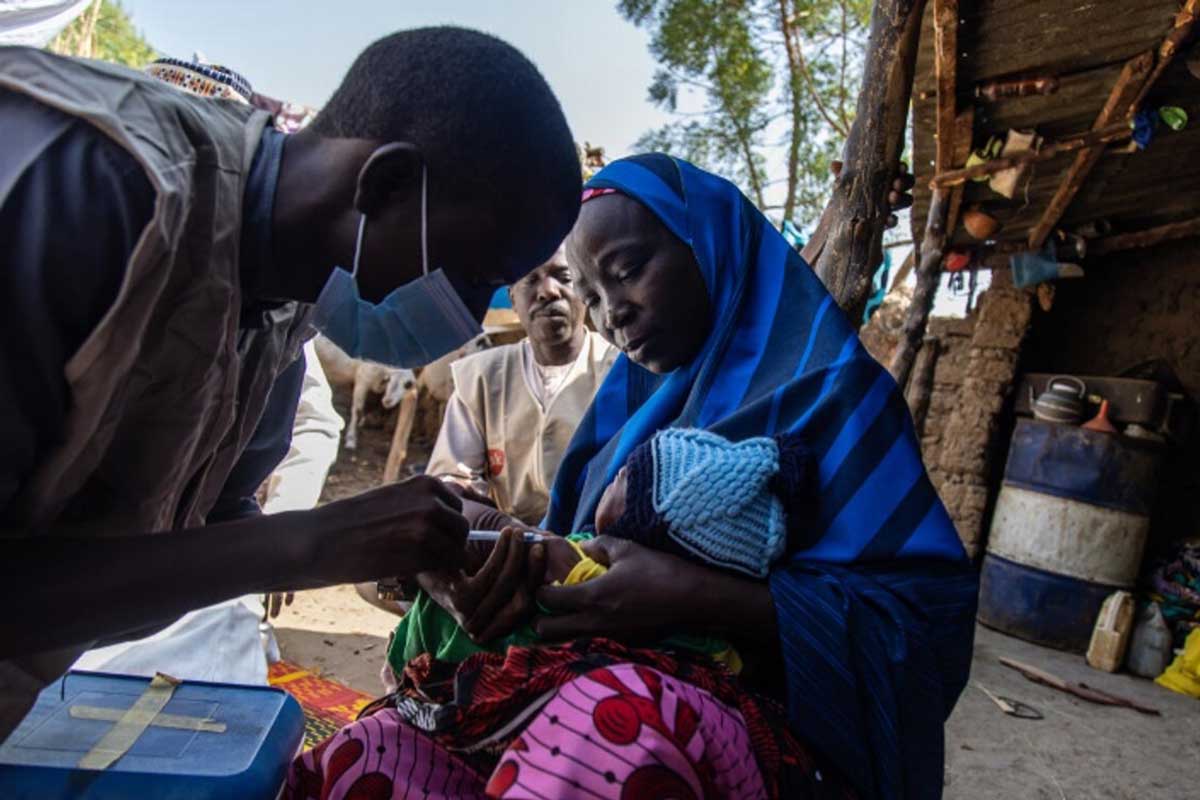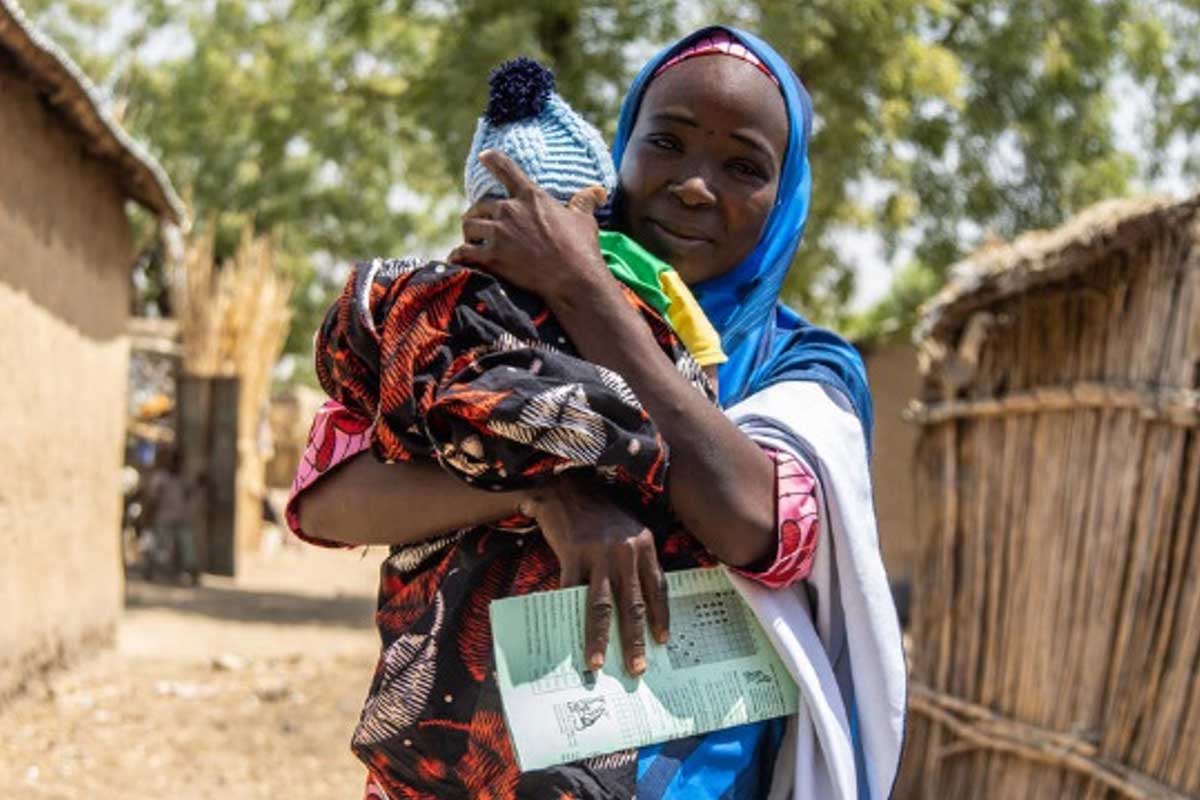How building mutual trust is key to increasing routine immunisation uptake
Next week’s World Health Summit has trust as one of its core pillars. Here Save the Children's Paula Valentine sets out how this one factor could help transform our efforts to reach zero-dose children.
- 11 October 2024
- 4 min read
- by Paula Valentine

Some 67 million children missed out on vaccinations between 2019 and 2021, with global vaccination coverage decreasing in 112 countries. In 2022, measles cases doubled compared to the previous year, and polio paralysis rose by 16%.
This alarming decline is the most sustained backslide in childhood immunisation in 30 years, exacerbated by the COVID-19 pandemic. Factors such as vaccine hesitancy, political polarisation and access to misleading information have further threatened public confidence in vaccines.
Health inequalities also contribute to the problem, as 1 in 5 children in the poorest households remain unvaccinated, compared to 1 in 20 in wealthier homes. Unvaccinated children typically live in hard-to-reach areas where low literacy and limited household decision-making power for women further hinder access to health care.
Nigeria has one of the highest rates of zero-dose children globally, with nearly 2.5 million children annually missing the first dose of the diphtheria-tetanus-pertussis (DTP) vaccine. The pandemic further added 500,000 children to this figure in 2020.
To address these challenges, building trust in immunisation programmes is critical for ensuring broad vaccination coverage, reaching all communities and children worldwide. Trust-building is required at three levels: institutional, interpersonal and community level, particularly among zero-dose households.

Institutional trust: strengthening systems for health
Global policymakers must focus on building mutual trust: communities need to believe in the reliability of government health systems and immunisation efforts, while populations in donor countries must trust that their aid is effectively used to support these initiatives. Ensuring consistent vaccine supplies, improving health infrastructure based on community feedback, transparent communication, addressing issues like corruption, long wait times, and discrimination can build credibility and enhance public trust in immunisation services.
Successful efforts in rebuilding trust include campaigns by Gavi, UNICEF, and the Gates Foundation’s “Humanly Possible” initiative, which focuses on the incredible impact immunisation has had worldwide over the past 50 years as well as efforts to reach zero-dose children in the modern day.
Save the Children, in partnership with the London School of Hygiene & Tropical Medicine, Ilorin University, AHRI and GSK support a zero-dose immunisation programme in Nigeria and Ethiopia, which generates evidence to guide advocacy efforts, and helps policymakers understand the importance of trust-building.
Interpersonal trust: health workers and families

Trust between health workers and families is key to increasing immunisation uptake. Health workers, often the face of health care systems, need to communicate clearly, empathetically and inclusively with caregivers.
Their ability to listen to concerns, address misconceptions and demonstrate cultural sensitivity with caregivers from diverse backgrounds significantly impacts families’ willingness to accept vaccines.
As part of an integrated approach for the GSK INSPIRING Programme, we implemented a social accountability approach where communities and health workers collaborated in partnership to improve service quality.
This approach empowered communities and service providers to define quality and score mutually agreed standards that led to tangible improvements in service delivery. Through joint action planning, state and local health authorities pledged resources for health infrastructure improvements and built new health posts in remote areas, and communities participated in rehabilitating existing facilities, resulting in increased uptake.
Have you read?
Community trust: engaging leaders as change agents
Community-level trust can be built by engaging respected local figures such as community, religious and traditional leaders and elders. These individuals have significant influence over community members and can be powerful advocates for immunisation.
By engaging these figures as ‘vaccine champions’, endorsing immunisation and tracking rumours, health authorities can counteract misinformation and encourage sceptical families to participate in immunisation programmes. Save the Children, through the GSK zero-dose immunisation programme, collaborates with local authorities, community, religious and traditional leaders to strengthen engagement with household decision-makers (men) in immunisation efforts.
Community-led initiatives such as participatory learning and action cycles and community participation in microplanning also foster trust.
Sahura (20) a participant from INSPIRING programme, is a prime example of the impact of community-led engagement. Sahura made sure her baby was vaccinated by a mobile vaccination team, saying, “Early immunisation helps children; that is why we give it to our children.”

Women’s group member Ummi (25) (INSPIRING programme) highlighted the importance of her role in community education:
“We inform women that after giving birth, they should take their children to the hospital for immunisation. Immunisation is very important for the lives of boys and girls.”
By involving community members in planning and implementing immunisation services, health authorities show respect for local autonomy. These initiatives are tailored to each community's specific needs, using local languages, culturally relevant and up-to-date content from tracking rumours, as well as two-way communication to effectively facilitate understanding about the benefits of vaccines.
Trust is essential for immunisation success
Building trust at institutional, interpersonal and community levels is essential for increasing routine immunisation uptake.
By working to address concerns, engage trusted community figures, and maintain transparent and responsive systems for health, synergistic efforts by communities and service providers can create an enabling environment where immunisation is viewed not just as a medical necessity but as a trusted community practice.
Governments must urgently identify and reach under- and unimmunised children through effective data systems, strengthen vaccine demand by building community confidence, prioritise funding and invest in resilient health systems.
By fostering mutual trust, we can reverse the alarming decline in vaccine coverage and ensure that no child dies from a vaccine-preventable disease.





